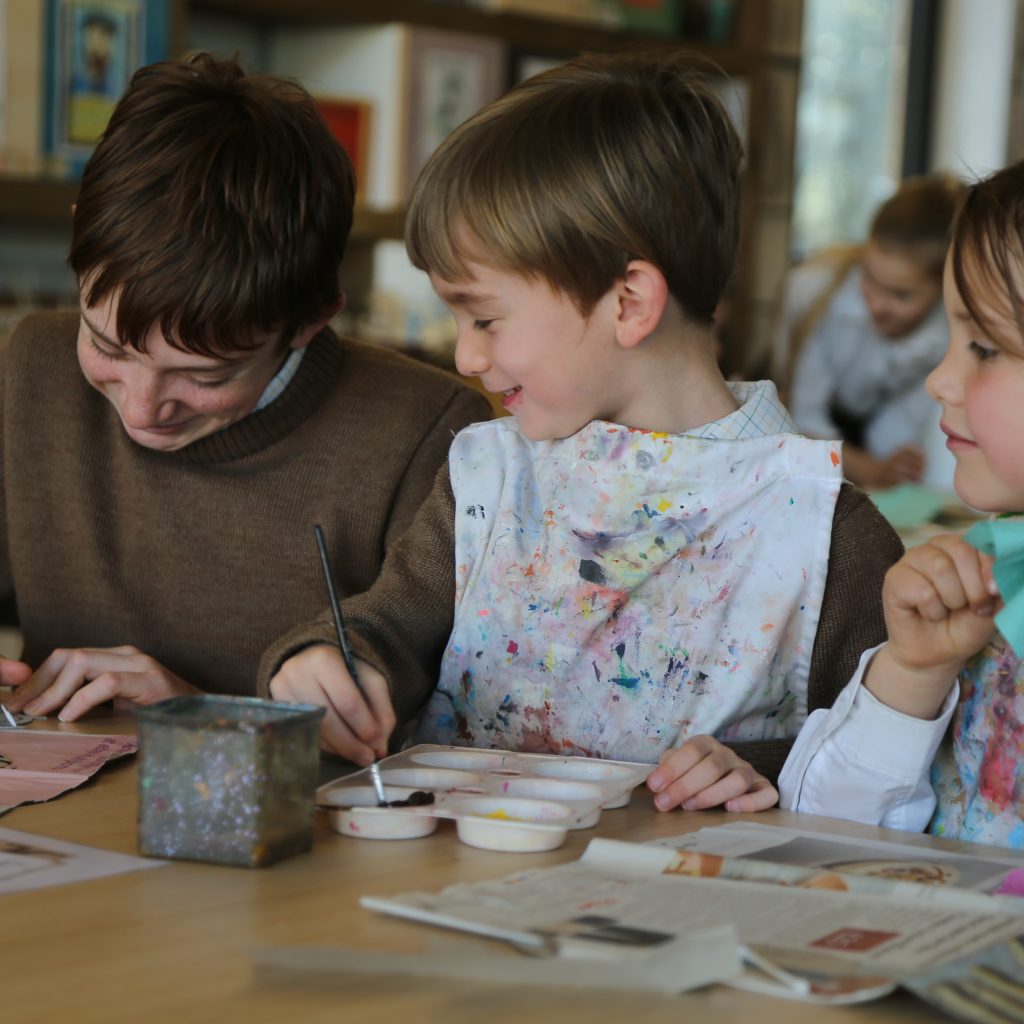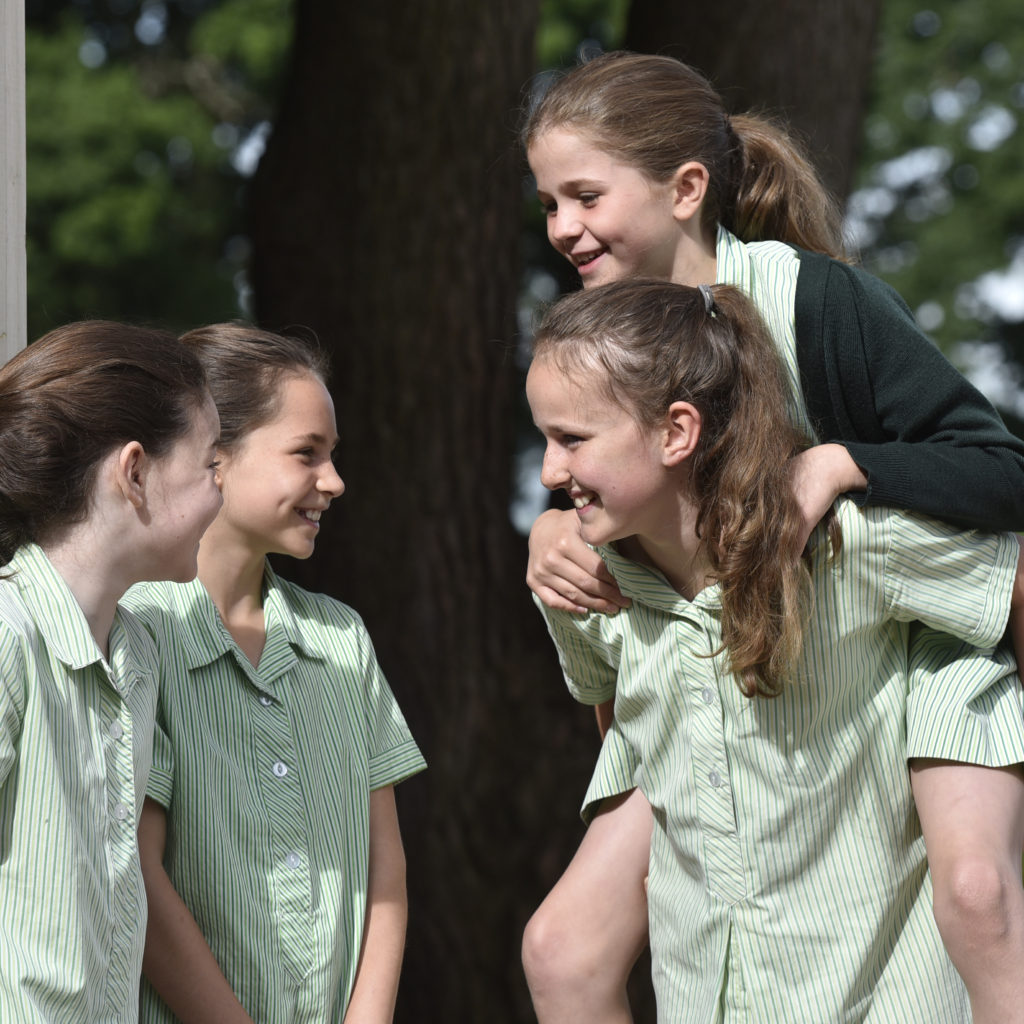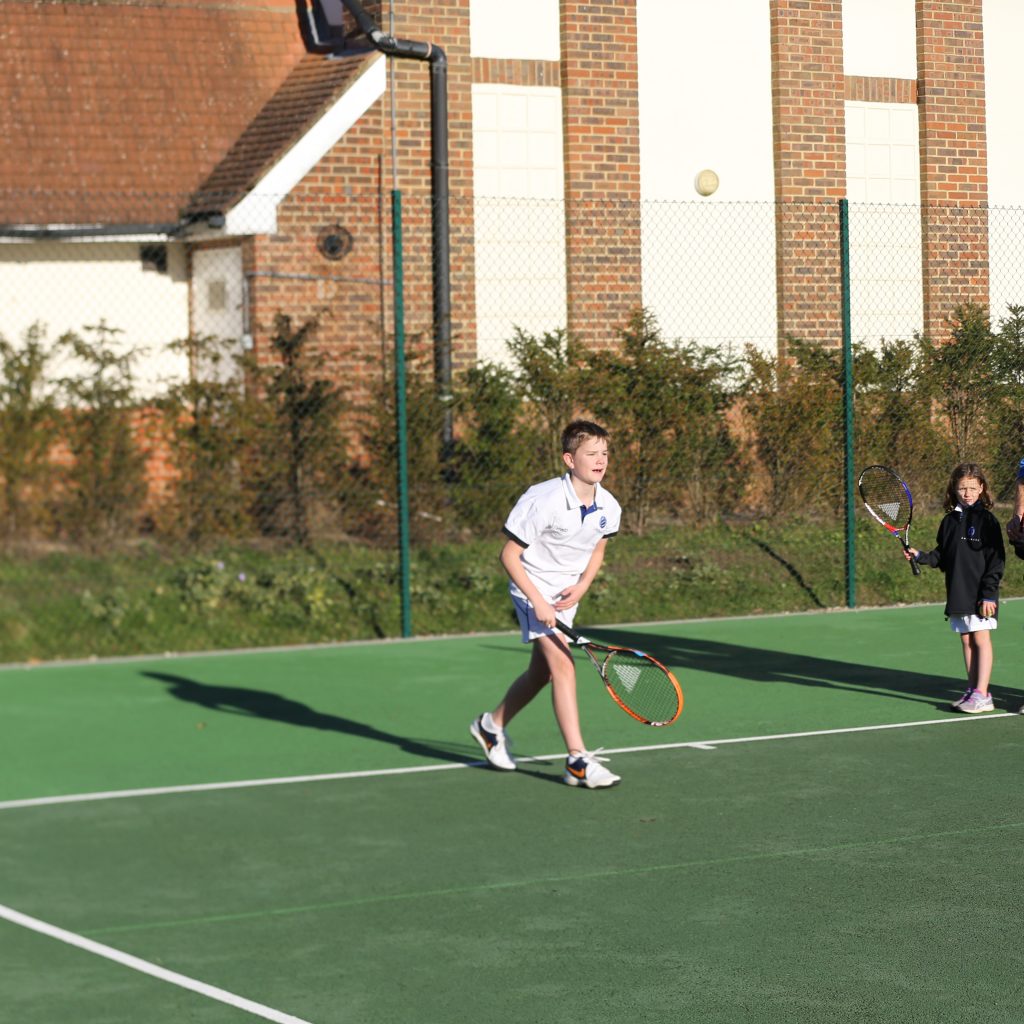When your child first starts school, it can be a big change in your family life, especially if it is your oldest or youngest child. You may feel sad and be anxious about how your child will adapt to a different routine, making new friends and learning new things. You may be trying to support your child to make it all feel exciting while, on the inside, you are feeling just as nervous. Starting or changing schools can be one of the biggest transitions in a child’s life, but it’s worth remembering that most children love school and go on to make the most of their education. We have compiled some tips on starting school that you may find helpful.
Encourage independence – let them get dressed by themselves, encourage them to do up zips, buttons etc., let them help by carrying bags for you and putting away their own toys.
In the week before they begin school start getting up and going to bed at the same times as you would on a school day. It’s much less of a shock to the system for everyone!
Talk positively about starting school, but do listen and acknowledge any fears or anxieties your child might have. Build their confidence by letting them know some of the fun things that you did at school.
Social skills are some of the most important skills we can teach children. Sharing, turn-taking and beginning to empathise with other children are key skills. You can encourage and develop this at home by playing turn-taking games, sharing toys with siblings and asking your child to think about how others may be feeling.
Dropping off your child at school for the first time can be an emotional experience but it is important that you don’t convey negative emotions to your child. In this situation, positivity is key and it is better not to linger once your child is safely inside as this can be unsettling. It can be tough to walk away when your child is upset but from experience I can say that within the first five minutes they will become distracted by a toy or join in with a game – teachers and school staff are well prepared for such situations.
The children will have a daily routine in Reception and it’s good to talk to them about what they have done during the school day. Sometimes they will be full of information, telling you each and every detail of their day. Other days you may get a one-word response – this doesn’t mean that their day has been any less exciting or interesting!
Your child will be tired. They are learning a lot during the day and adapting to life in school can be exhausting for your little one. The importance of a good bedtime routine cannot be over-emphasised. This helps prevent melt-downs due to over-tiredness and gives you a wonderful opportunity to read stories or nursery rhymes with your child before they go off to sleep.
A typical day in Reception will consist of a phonics session, where the children will be learning all about the different sounds in the English language; a maths session; a topic session, as well as plenty of opportunity for learning through play. Children learn a lot through play – “Play is often talked about as if it were a relief from serious learning. But for children play IS serious learning. Play is really the work of childhood.” – Fred Rogers.
Children may bring home reading books, but don’t be surprised if this isn’t for a few weeks. Your child’s teacher will be busy assessing where they are as well as teaching some of the initial phonics to help with reading. Some books will be picture books or simple word books at the start. This helps children talk about the story, using the pictures and is a great opportunity to ask questions such as, what may happen next? What do you think may happen at the end? etc.
We highly recommend coming to the Reception curriculum evening where lots more information will be shared about how children learn and what you can do to help support them.
Finally, remember to name everything! Reception teachers have been known to work miracles but not if it’s un-named!
Sam Hopwood
Head of Pre-Prep – EYFS and Years 1 – 3




